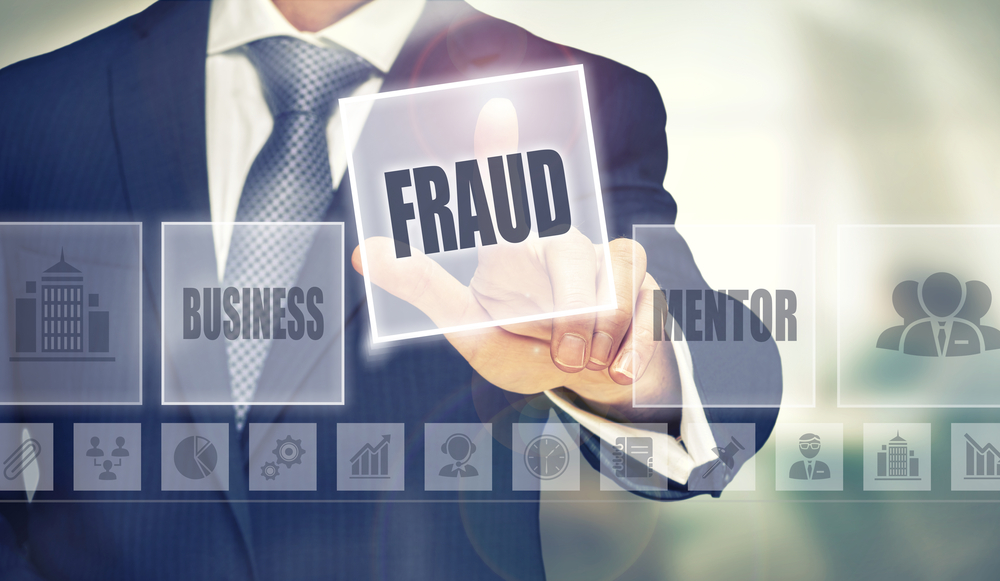Share This Article
For a complete guide, click here for Centrelink Fraud laws complete guide.
To discuss these charges further, get in touch with an experienced Centrelink fraud lawyer today.
Centrelink fraud can take many forms and shapes.
A common charge people face for Centrelink fraud is under section 134.2 or 135.2 of the Criminal Code Act, known as obtaining a financial advantage by deception, or, obtaining financial advantage (with no deception and no dishonesty).
You can be criminally charged for receiving money as a result of failing to provide Centrelink with information that is requested, or intentionally giving false information about your current living situation, income and assets.
While Centrelink is seen as the direct victim of these offences, the real victims are the hardworking taxpayers. However, are the penalties imposed on the offenders by the Courts, encouraging or discouraging these offences?
Types of Centrelink Fraud Cases
Below are some interesting ways people commit Centrelink fraud, and the penalties they received.
The Case of the Ex-NRL player’s wife
Jade Robinson, also known as the ex-wife of former NRL player David Fifita, received nearly $50,000 from Centrelink for single parent payments over a period of nearly 5 years.
She pleaded guilty to 2 counts of receiving financial advantage from Centrelink.
She was receiving the benefit payments from Centrelink from 2011 until 2016 while together with the former NRL player during that period.
She was in fact married to him in Thailand in 2014, but falsely told Centrelink that she was married to him in April 2016.
Ms. Robinson ultimately avoided prison, instead she was sentenced to a home detention by the Gosford Local Court Magistrate.
The Case of Brenda Pryor – Forged Documents To Receive Carer Payments
Brenda received a total of $103,985.52 of carer payments from Centrelink over a period of 5 years since 2008.
You’re entitled to receive Carer Payments from Centrelink when you are unable to work due to the demands of caring for another person.
Brenda’s brother sustained injuries after a serious car accident in 2008.
Brenda claimed that she was providing constant care for her brother after the car accident.
In 2008, Brenda Pryor applied to receive Carer Payments from Centrelink.
To support her claim to receive carer payments, she provided Centrelink with a medical report, and Carer Payment Income and Assets form which apparently looked completed and signed.
Based on the information and documents she provided, Centrelink approved the payments.
The Deception
A few years later, Centrelink completed a search with the Australian Taxation Office, and discovered that Brenda had been employed since 2009 but failed to update Centrelink, while she continued receiving carer payments.
Centrelink decided to investigate further.
Centrelink then discovered:
- That the medical report that she submitted in 2008 wasn’t actually completed and signed by the doctor shown on the medical report; and
- The carer payment income and assets form that Brenda submitted, which on face value showed it was completed and signed by her brother, wasn’t actually completed and signed by her brother.
- Brenda’s brother, who she named as the person receiving care, had started working full time in late 2008.
The Result
Brenda was charged and pleaded guilty to 2 charges of using forged document (s145.1 Criminal Code Act 1995 (Clth).
Brenda was given a total sentence of imprisonment of 2 years, to be released after spending 12 months in prison, on condition she give a security of $100 and be of good behaviour for 3 years. She was also ordered to repay Centrelink $100,985.52.
The Case of Thi Thank Thuy Phan – Falsely declaring income to Centrelink
Ms. Thi Thanh Thuy Phan, a 46 year old woman in Sydney, received a total of $20,030.59 of single parenting benefits and Newstart allowance from Centrelink between February and April of 2016.
Single parenting payments is a benefit Centrelink provides to people who don’t have a partner, and care for a dependant child under 8 years of age.
Newstart Allowance is a benefit given by Centrelink to the unemployed who are looking for work for the purpose of assisting them to find a suitable job.
Ms. Phan was charged with 2 offences of obtaining financial advantage from Centrelink under s135.2 Criminal Code Act 1995 (Clth).
The Deception
Ms. Phan provided incorrect information about her income. She failed to declare her correct income from the 2 jobs she was actually receiving income from- during the period of also receiving the Centrelink benefits. She knew that she wasn’t entitled to the money from Centrelink.
She was receiving a combined income of $88,895.08 from her 2 employers- which she failed to declare to Centrelink, while receiving Centrelink benefits.
The Result
In 2017, she was convicted and sentenced to 100 hours community service work, and ordered to repay the overpayment by Centrelink in the total sum of $20,030.59.
The Case of Ezzat Zaky- Receiving benefits under two separate identities
Ezzat Zaky, a 62 year old Male, was a civil engineer from Mt. Druitt, NSW.
For 10 years, Ezzat was receiving parenting payments and Newstart Allowance from Centrelink. He received a total Centrelink benefit of up to $56,599.92 overpayment.
The Deception
While receiving these benefits from Centrelink, he was receiving income from a number of other jobs at the same time. At the same time, he was also claiming further Newstart claims in another name, Dr. Ezzat Williams.
He was charged with 6 charges of obtaining financial advantage by deception under s 134.2(1) Criminal Code Act 1995 (Clth).
The Result
Ezzat had previous fraud convictions.
As Centrelink later uncovered that he had been fraudulently obtaining benefits through two separate identities, in 2015 he was found guilty.
He was sentenced to five years imprisonment. After serving two years and six months in custody, he was eligible to be released to be of good behaviour for three years.
The Law and Penalties for Centrelink Fraud
You will be guilty of the offence of obtaining a financial advantage by deception under s 134.2 of the Criminal Code Act, only if the Commonwealth DPP prove each of the below elements:
- You did something deceptive, for example, you provided false information to Centrelink; and
- That deception resulted in you obtaining a financial advantage; and
- The financial advantage was taken from a Commonwealth entity, in this case- Centrelink; and
- The deception was dishonest in accordance with the standards of ordinary people; and
- At the time, you were aware that by engaging in that deceptive conduct, there was a substantial risk of receiving a financial advantage and that it was inexcusable to take that risk.
You will be guilty of the offence of obtaining financial advantage from Centrelink, even if there was no deception or dishonesty, under s 135.2 of the Criminal Code Act, only if the Commonwealth DPP prove each of the below elements:
- You did something that caused you to receive a financial advantage; and
- You knew that you were not eligible to receive that financial advantage; and
- The financial advantage was taken from a Commonwealth entity, in this case, Centrelink.
Defences to Centrelink Fraud
Possible defences to a criminal charge of Centrelink fraud include the following:
- Age at the time of committing the offence: You may be found not guilty of the offence if you were under 10 years of age at the time you committed the alleged offence. If you were between the age of 10 and 14 years of age, the Court may also accept that you did not know that what you did was wrong.
- Mental Illness: It is possible to argue that at the time you committed the offence, you were suffering from mental illness which caused you not to realise the nature of your actions.
- Duress or Necessity: Where the alleged conduct was committed due to the fear of harm to yourself or someone else.
- Mistake: You may also show the Court that you made an innocent or reasonable mistake, in a set of circumstances that led you to form an honest belief, which caused you to have made that mistake.
Some people take advantage of a system built to help those who are genuinely doing it tough.
If you receive an overpayment or are in debt to Centrelink, this doesn’t necessarily mean that you will be criminally charged. That decision will generally depend on the amount of money involved, and the circumstances of the conduct.
Centrelink may just contact you to recover the amount, and take no action. In those circumstances, Centrelink may accept that the overpayment was due to a mistake or confusion.
Read our other article on penalties and defences for Centrelink charges here.









